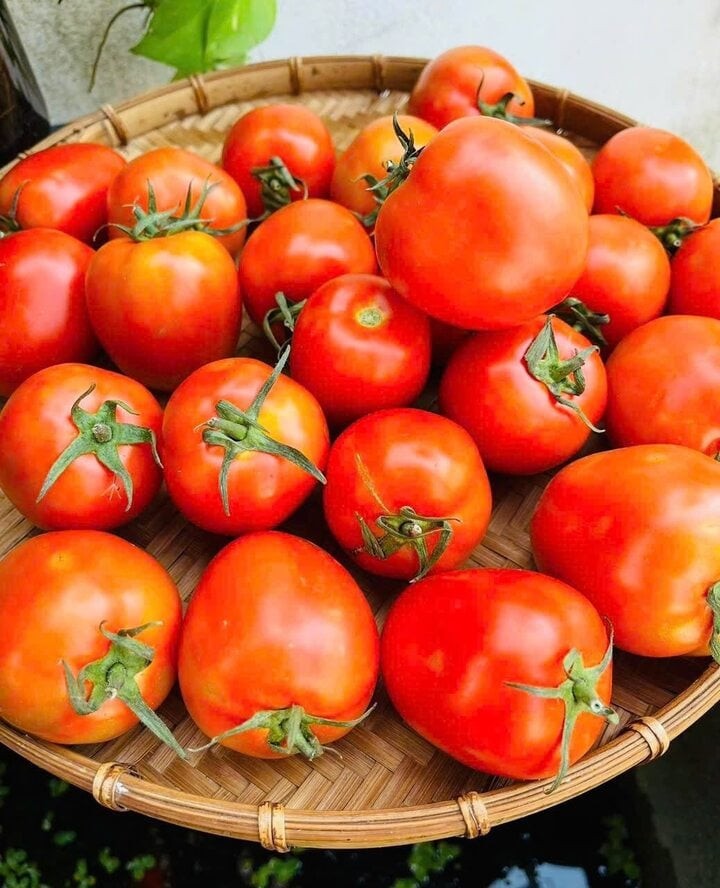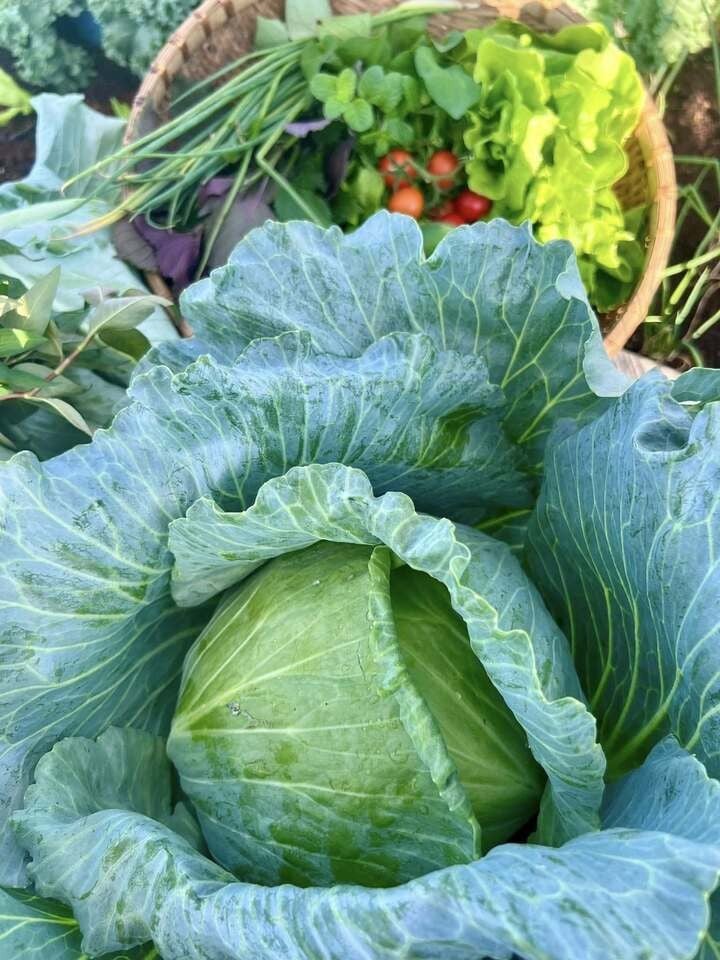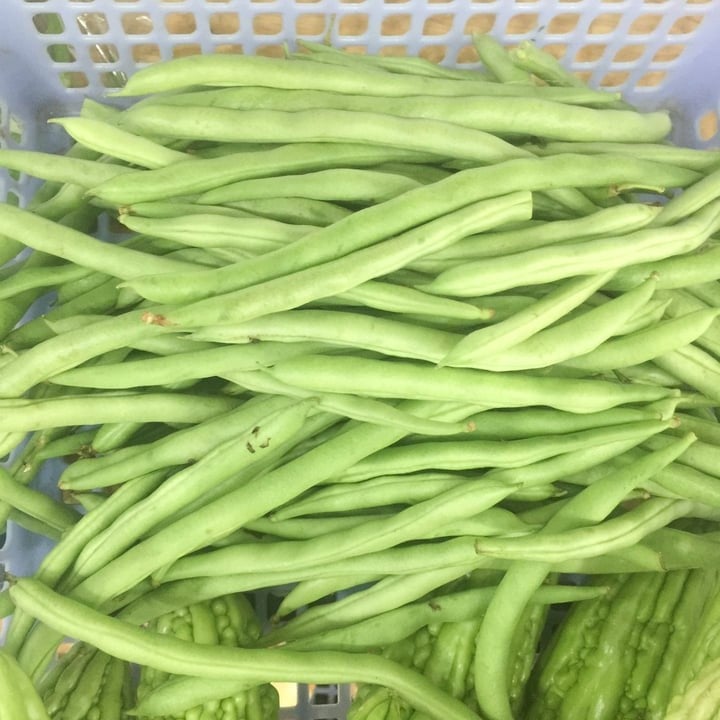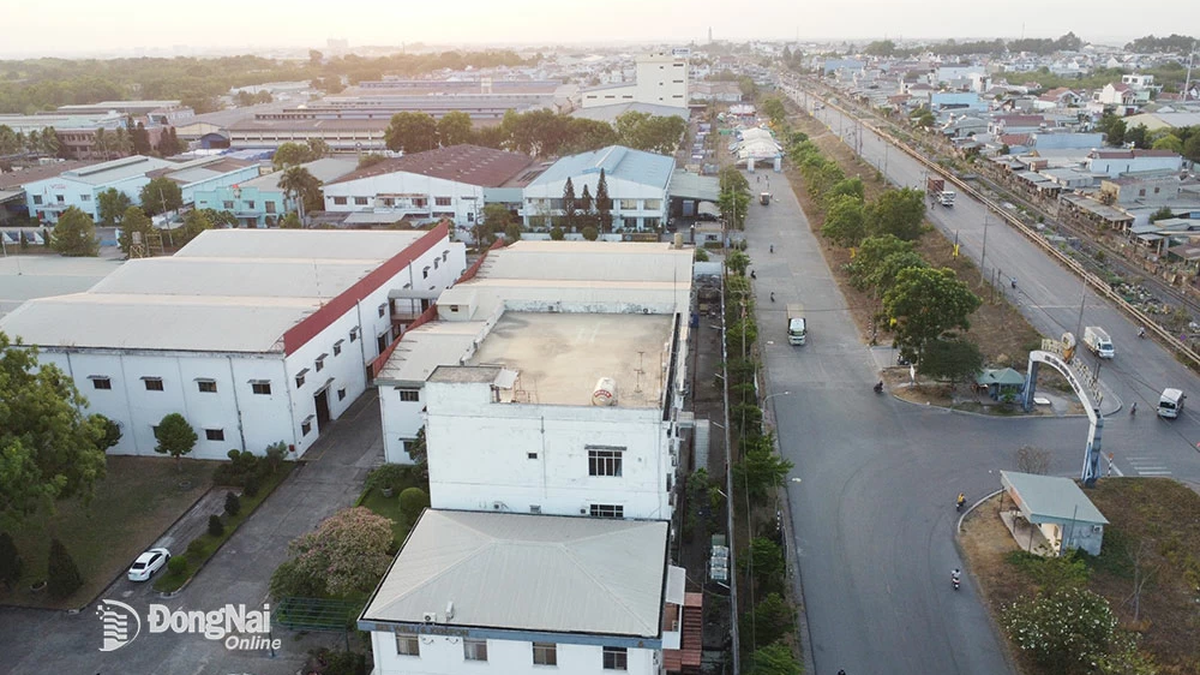In the summer, the demand for green vegetables increases among families, especially when the hot weather makes vegetable soups and boiled vegetables become regular choices in family meals. However, concerns about food safety make many consumers worried and wonder, which vegetables are most susceptible to chemical contamination in the summer?
Summer vegetables are easily "absorbed" with chemicals
Responding to VTC News, Dr. Vu Thanh Hai, Head of the Department of Vegetables and Fruits, Vietnam Academy of Agriculture , said that in the summer, consumers need to be wary of off-season vegetables because growers have to use a lot of chemicals for the plants to grow well.
“Off-season vegetables in the summer are often at higher risk of being treated with pesticides, growth stimulants and fertilizers. Some summer vegetables that are easily contaminated with chemicals include tomatoes, cabbage, kohlrabi, and green beans grown in mountainous or highland areas at high altitudes above sea level,” Dr. Hai said.
Tomato
Tomatoes are plants that prefer cool climates, suitable for winter-spring or early summer-autumn crops. When planted off-season in the hot summer, the plants are susceptible to pests and diseases and grow poorly. To overcome unfavorable natural conditions, growers often have to use additional types of pesticide and growth stimulants to make tomatoes ripen evenly, red and shiny like in the market.

Cabbage
Cabbage is a cold-loving vegetable that grows well in winter. Growing cabbage in the summer is off-season, making it difficult for the plant to grow and often more susceptible to pests than usual. Growers must use a lot of fertilizer and pesticides to help the plant form beautiful, curled heads. Therefore, summer cabbage is at high risk of containing chemical residues.

Kohlrabi
Similar to cabbage, kohlrabi is also a winter vegetable. When planted in the summer, the plant will grow poorly and have a high rate of pests and diseases. To have plump kohlrabi, growers must use pesticides and stimulant fertilizers.
Snow peas
Green beans grown in the summer in cool mountainous and highland areas can achieve good yields. However, if grown in the plains in hot and sunny conditions, green beans are susceptible to pests and diseases. In this case, growers will have to increase the use of pesticides and growth stimulants to ensure productivity and product appearance.

How to identify vegetables contaminated with chemicals
Many consumers still believe that greener, shinier vegetables are due to the use of more chemicals, while vegetables with worms, puncture holes or slightly yellow are clean vegetables. However, according to Dr. Vu Thanh Hai, this view is not entirely correct. "There are cases where vegetables are produced organically or grown using advanced technology, using organic fertilizers, and isolated for enough time, the vegetables are still very fresh, delicious and beautiful without any residual chemicals." he shared.
Sensory-wise, it is difficult to tell which vegetables contain pesticide residues. “It can only be tested with a specialized test kit. We will extract the liquid from the vegetable, drop the reagent in, if the solution changes color, it proves that there are residual active ingredients of pesticides in the vegetable,” Dr. Hai added.
Therefore, when going to the market, consumers should not be too subjective and rely only on the appearance of vegetables to assess the level of safety.
To ensure the safety of family meals, Dr. Vu Thanh Hai recommends that consumers limit the use of off-season vegetables in the summer. Because unfavorable natural conditions will force growers to use many chemicals to help plants grow and prevent pests and diseases.
People should prioritize buying vegetables from reputable suppliers with food safety certificates or clear origins. These suppliers often commit that their products do not contain chemical residues exceeding the permitted threshold.
If you have to buy vegetables at traditional markets, consumers should choose vegetables that are in season and should not buy vegetables that are out of season, have unusual colors, or are too shiny.
Before processing, should wash vegetables Rinse thoroughly under running water, soak in diluted salt water or rice water to reduce the amount of chemical residue on the surface.
Source: https://baolangson.vn/chuyen-gia-ke-ten-nhung-loai-rau-mua-he-de-ngam-hoa-chat-nhat-5050670.html




















































![[Maritime News] More than 80% of global container shipping capacity is in the hands of MSC and major shipping alliances](https://vphoto.vietnam.vn/thumb/402x226/vietnam/resource/IMAGE/2025/7/16/6b4d586c984b4cbf8c5680352b9eaeb0)













































Comment (0)